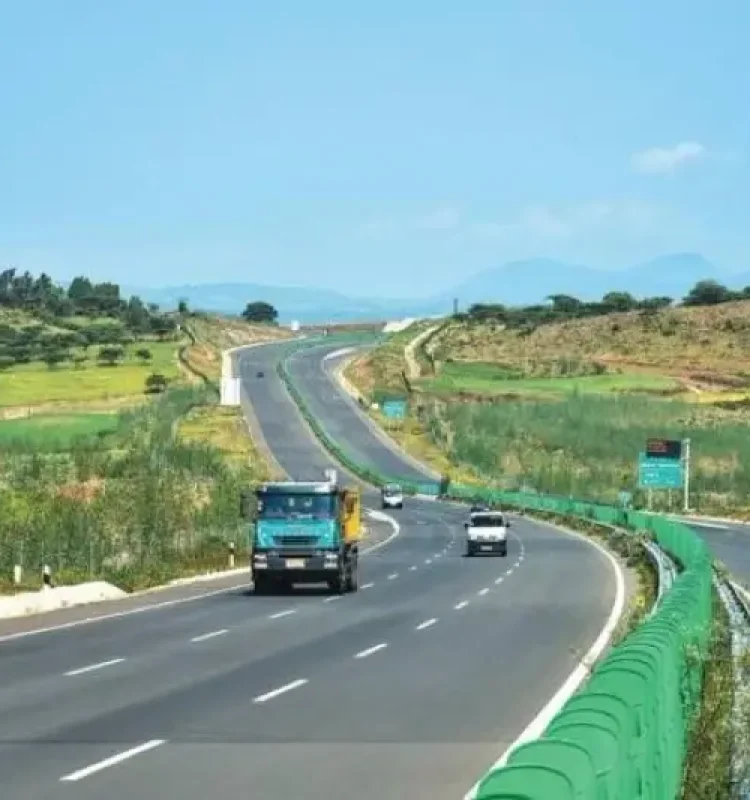Project Brief
Djibouti Corridor Coordination & Management

Implementation Partners
Ministry of Transport and Logistics (MoTL), Ethiopian Maritime Authority (EMA),

Implementation Period
2022 – 2026

Project Participants
Government Ministries and Agencies related to cross border trade, Importers, exporters, freight forwarders

Funding Partner
European Union through Agence Française de Développement (AFD)

Project Rationale
The Ethio–Djibouti corridor carries more than 90% of Ethiopia’s trade, making it the country’s economic lifeline. Yet it is slow and costly with trucks averaging only 2.5 trips a month, less than half the target of six. Poor coordination, bottlenecks in transit procedures – such as mis-matched operating hours at the Djibouti border – and weak infrastructure governance inflate trade costs and limit the corridor’s capacity to handle rising volumes. Unless addressed, these constraints will blunt the regions and Ethiopia’s ability to compete, expand exports, and strengthen regional integration. The project will modernise the corridor by establishing the Ethio–Djibouti Corridor Authority (EDCA), an intergovernmental body to improve coordination, streamline cross-border procedures, and strengthen infrastructure management. The goal is to cut transport costs, speed up freight movement, and bring operations in line with AfCFTA, IGAD, and COMESA commitments, therefore boosting growth and connectivity across the Horn of Africa.
Progress
- Ethiopia and Djibouti signed a Memorandum of Understanding in February 2025.
- A Joint Technical Committee has been formed, and stakeholder consultations begun with both public and private sectors.
- The draft agreement to establish the Corridor Management Authority has been negotiated and finalised and is now with the Ethiopia Ministry of Foreign Affairs for review.
- Terms of Reference for developing the Corridor Transport Observatory Platform have been completed.
Implementation Strategy
Delivery will follow a phased, intergovernmental approach to strengthen institutions and improve operational efficiency along the corridor. A Joint Task Team, with representatives from Ethiopia and Djibouti, will develop harmonised legal, regulatory, and institutional frameworks. A Permanent Secretariat will be established to coordinate implementation, backed by governance structures such as an Interstate Council of Ministers and Technical Working Groups. These bodies will be introduced in stages to provide strategic oversight and ensure technical alignment across all corridor operations. Step by step, this approach will turn the corridor into an integrated trade facilitation platform capable of meeting the demands of growing and interconnected region.

